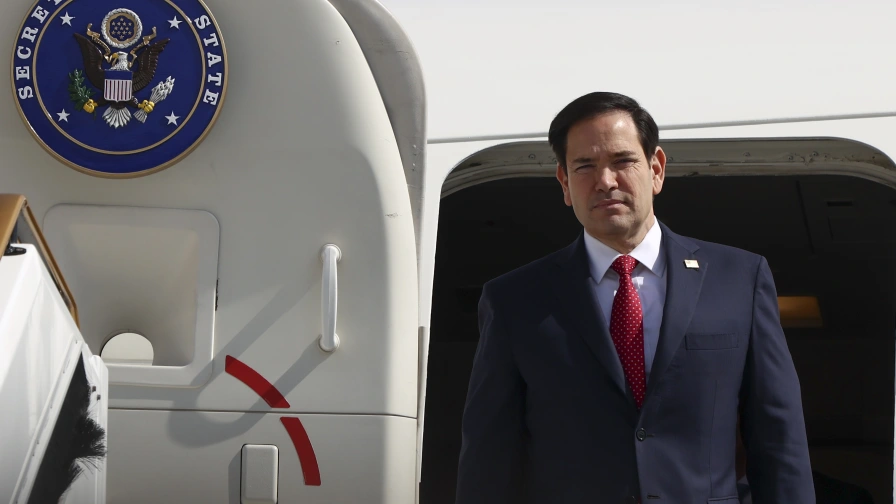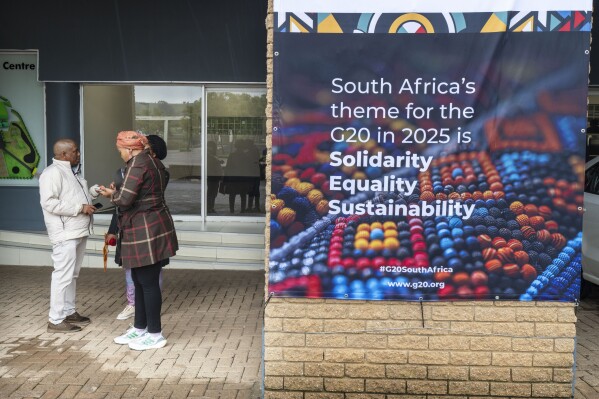Top diplomats from the world’s major economies are meeting in South Africa on Thursday for a G20 foreign ministers’ summit, but the gathering is overshadowed by the absence of the United States.
The two-day talks, held for the first time in Africa, serve as a prelude to the main G20 summit in November. South Africa, which assumed the G20 presidency last year, hopes to use the platform to push for greater attention to the concerns of developing nations.
However, US Secretary of State Marco Rubio’s decision to skip the meeting has cast a cloud over proceedings. Rubio accused South Africa of pursuing an anti-American agenda, leaving the US delegation to be led by Dana Brown, deputy chief of mission at the US embassy in Pretoria.
The meeting takes place despite deep geopolitical divisions, particularly over Russia’s invasion of Ukraine. The issue has become even more contentious following recent remarks by US President Donald Trump, who suggested Ukraine bore responsibility for the war—comments that rattled Washington’s European allies.
South African ambassador Xolisa Mabhongo acknowledged that global conflicts, including those in Africa and Europe, would dominate discussions. However, analysts argue that the broader tensions between the US and its Western allies could overshadow South Africa’s efforts to champion a common developmental agenda.

Trump’s administration has been openly critical of South Africa’s government, cutting financial support over policies including a controversial land reform initiative and Pretoria’s case against Israel at the International Court of Justice.
Despite the US downgrade in representation, key global players—including Russian Foreign Minister Sergei Lavrov and his Chinese and Indian counterparts—are attending. European officials such as France’s Jean-Noel Barrot and the UK’s David Lammy will also be present.
South Africa’s Foreign Minister Ronald Lamola sought to downplay Rubio’s absence, emphasising that the US is still represented, albeit at a lower level. Nonetheless, some analysts warn that Washington’s stance sends a damaging message.
Adding to concerns, the US recently froze critical aid to African nations, forcing many governments to scramble for alternative funding. The move has fueled frustration across the continent, where many view Washington’s actions as neglecting Africa’s pressing economic and security challenges.
With tensions high, the question remains: Can South Africa turn the US snub into an opportunity to reshape global priorities in its favour?


